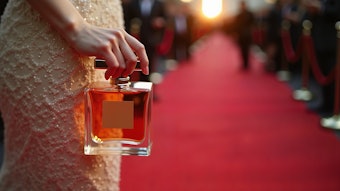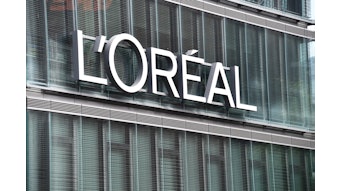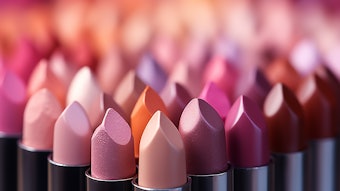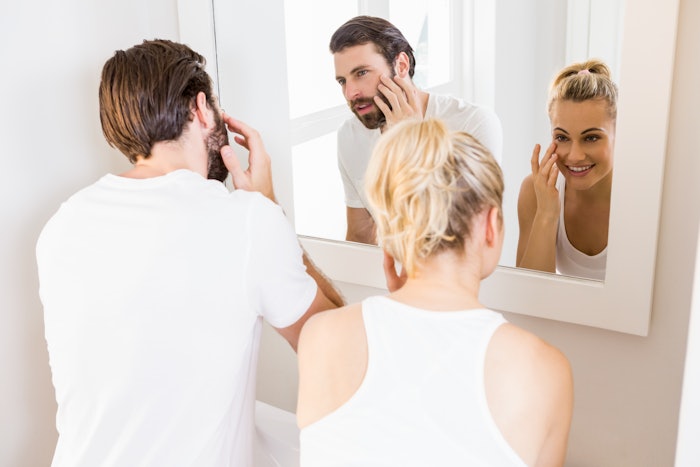
Engagement in beauty-enhancing behaviors, such as "applying makeup or using other cosmetics, hair grooming, clothing style, caring for body hygiene, and exercising or following a specific diet for the specific purpose of improving ones physical attractiveness," is universal, per a study published in the November 2022 edition of Evolution and Human Behavior.
But what makes people more prone to engage in these behaviors?
To get the answer, the researchers used survey data from 93,158 participants in 93 countries.
They found that 99% of participants reported spending >10 min a day performing beauty-enhancing behaviors.
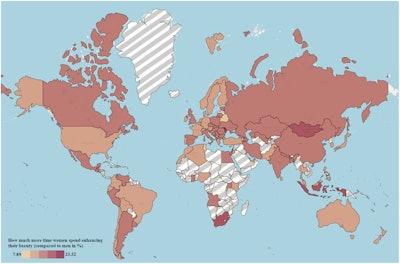 This map shows how much more time women spend than men on beauty-enhancing rituals around the world. The darker the shade, the greater the difference.
This map shows how much more time women spend than men on beauty-enhancing rituals around the world. The darker the shade, the greater the difference.
Women spent 4 hours per day on these behaviors overall, while men spent 3.6 hours.
The researchers note that, "The strongest predictor of attractiveness-enhancing behaviors was social media usage. Other predictors, in order of effect size, included adhering to traditional gender roles, residing in countries with less gender equality, considering oneself as highly attractive or, conversely, highly unattractive, TV watching time, higher socioeconomic status, right-wing political beliefs, a lower level of education, and personal individualistic attitudes."
The authors conclude, "We believe that a more nuanced understanding of the phenomenon of beauty enhancement may translate into developing more effective ways to counteract the negative influence of the uncontrolled pursuit of beauty."





